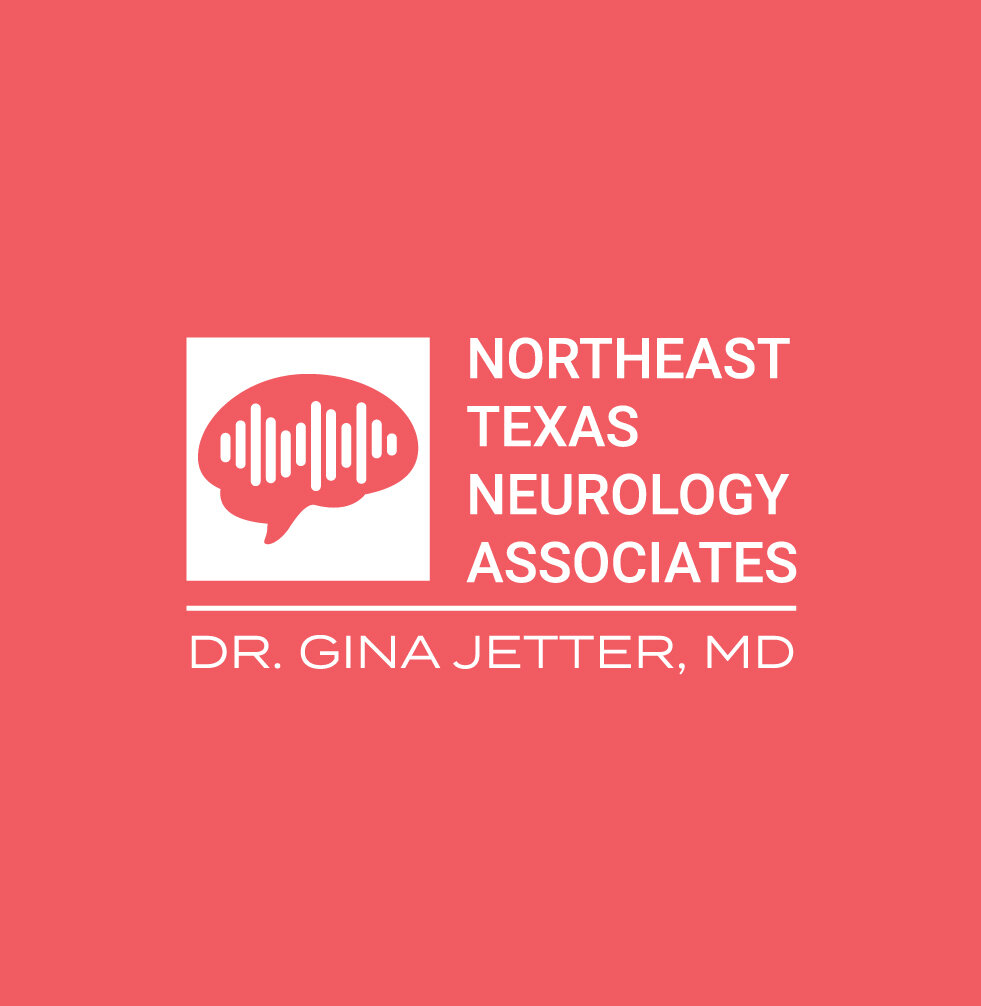Improve Your Brain Health: 5 Free Exercise Programs for East Texans
This post is part of a four part series featured this month on ways you can improve your health and neurological disease. Every Monday in January, we will focus on one of the following topics: sleep, water, exercise and diet.
Exercise helps your brain by boosting your mood, improving your sleep, helping you lose weight, reducing your risk for heart disease, stroke and cancer, and keeping your bones strong. Doing any form of physical activity is better than none.
Dr. Jetter with her son, Jake
How Does Exercise Affect My Neurological Disease?
For patients with dementia and memory loss, regular exercise appears to boost the size of the hippocampus, which is the part of the brain involved in verbal memory and learning. Furthermore, problems with sleep and depressed mood worsen cognitive function. But regular exercise helps these and improves both.
Regular exercise also has been shown to reduce the frequency and intensity of headaches and migraines. Through releasing endorphins (the body’s natural pain killer), improving sleep, and reducing stress, exercise can improve headaches.
Many studies have shown regular exercise in people with multiple sclerosis have benefits including improved strength, less fatigue and depression, better bowel and bladder function, and a positive attitude.
Exercise is critical in people who have had strokes to improve strength, balance and coordination. Immediately after a stroke, an organized exercise program is completed in a rehabilitation facility. However, after a stroke it is important to continue regular exercise so that strength does not regress.
What Are the Different Types of Exercises?
Aerobic exercises increase your heart rate and improve your heart and brain health. Examples including walking, running, cycling or pedaling on a stationary bicycle, swimming or water aerobic activities.
Strength training activities are usually repetitive movements to build muscles. These exercise are done with resistance, which usually means weights. However, strength training can be done with common household items or even exercises using your own body weight.
Flexibility training is important for ease of muscle movement, improving posture and reducing your risk of injury.
Balance diminishes as you age, but also worsens in several neurological conditions. Poor balance is a common cause of falls. There are simple exercises to do to improve balance.
Resources for Free Exercise Classes in East Texas
Sit and Be Fit is a low impact exercise program on TV and YouTube that you can follow along with in your home.
NCHPAD is a free 14 week program online not only for exercise but also diet tips. This site is recommended by the Multiple Sclerosis Society.
Every Wednesday night at 5:30 PM at the Tyler Public Library is an hour of Gentle Yoga.
Walk with A Doc is a weekly program with a brief presentation on a health topic by a local physician followed by a walk along Rose Rudman Trail. This program begins in March. Check out the Smith County Medical Society site for more details.
The GZ Sobol’s Parkinson’s Network provides classes not only for people with Parkinson’s disease, but also multiple sclerosis, traumatic brain injury, other neurological diseases or people that want to age well.
In Tyler there are classes on Monday, Wednesday, and Friday from noon at Rose Heights Community Life Center. There are also classes on Tuesday and Thursday at noon at Lanes Chapel United Methodist Church.
In Gun Barrel City, the classes are Monday, Wednesday, Friday at 12:30 at the Family Fitness Center.
In Athens, classes are on Mondays, Wednesdays and Fridays at 10:30am at the Athens Gymnastics Center.
Before starting an exercise program, you should always discuss with your physician which program is best for you.
Blog Disclaimer
